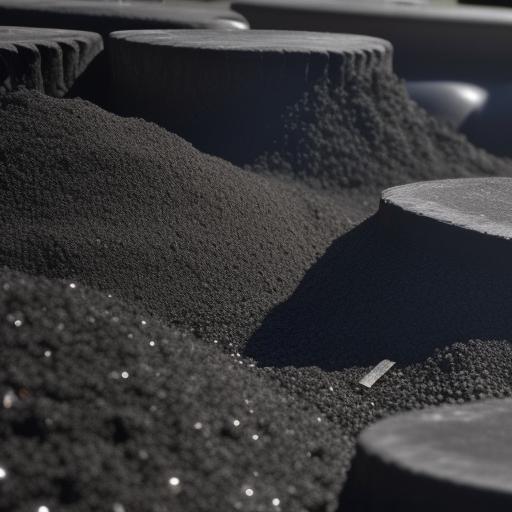Class 10 Science MCQs - Sources of Energy
Topics:What is a good source of energy conventional and nonconventional sources of energy
Class 10 Science MCQs - Sources of Energy
Understanding different sources of energy is crucial for Class 10 Science students as it forms a significant part of their CBSE syllabus.
This chapter helps in comprehending the various forms of energy, their uses, and their impact on the environment.
Good Source of Energy
A good source of energy should be:
- Easily accessible
- Affordable
- Environmentally friendly
- Capable of providing a substantial amount of energy
Relevance to Class 10 Science and CBSE Exams:
This topic is essential as it lays the foundation for understanding more complex concepts in future studies and exams.
Students are often tested on the criteria that make a source of energy effective and sustainable.
Conventional Sources of Energy
Types of Conventional Sources:
- Fossil Fuels:
- Coal: Widely used but contributes to pollution.
- Petroleum: Essential for transportation but limited in supply.
- Natural Gas: Cleaner than coal and petroleum but still a fossil fuel.

- Hydropower:
- Generated by using water flow.
- Renewable but can impact aquatic ecosystems.
Relevance to Class 10 Science and CBSE Exams:
Understanding the pros and cons of conventional energy sources helps students answer questions related to environmental impact and sustainability in their exams.
Non-Conventional Sources of Energy
Types of Non-Conventional Sources:
- Solar Energy:
- Harnessed using solar panels.
- Renewable and clean.
- Wind Energy:
- Generated using wind turbines.
- Renewable but dependent on weather conditions.
- Biomass Energy:
- Derived from organic materials.
- Renewable and can reduce waste.
- Geothermal Energy:
- Utilizes heat from the Earth’s interior.
- Renewable and stable.
Relevance to Class 10 Science and CBSE Exams:
Non-conventional energy sources are a major focus in exams due to their growing importance in sustainable development.
Questions often revolve around their benefits and how they can be integrated into everyday use to reduce dependence on fossil fuels.
By mastering the content of this chapter, students will be better prepared for their Class 10 Science exams and will develop a stronger
understanding of how energy impacts our world. The keywords such as "renewable energy," "solar energy," "fossil fuels," and "wind energy" should be